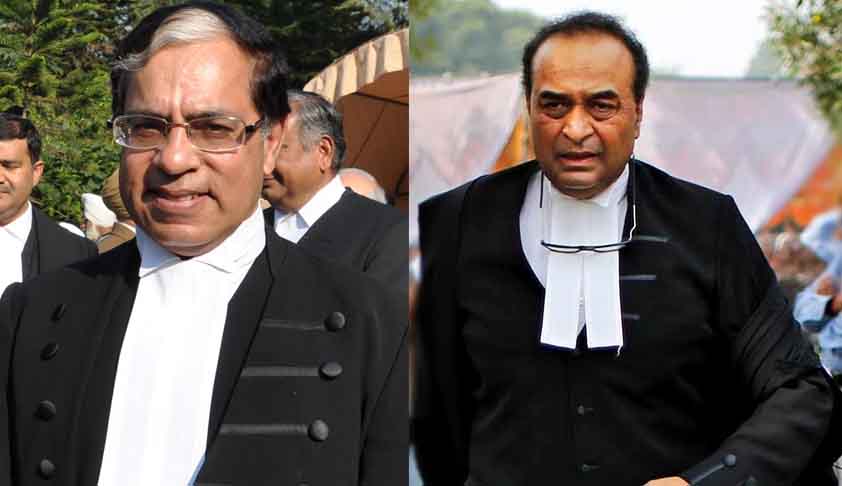“You Have No Absolute Control Over Your Body”, Attorney General Answers Aadhaar’s Critics In SC
LiveLaw Research Team
2 May 2017 8:43 PM IST

Next Story
2 May 2017 8:43 PM IST
In the ongoing hearing of challenges before the Supreme Court bench of justices A.K.Sikri and Ashok Bhushan, to Section 139AA of Income Tax Act, making enrolment of Aadhaar mandatory for filing Income Tax returns, the Attorney General, Mukul Rohatgi, cited a number of instances, to show that there is no absolute right to bodily integrity.Making a distinction between fingerprints and...
